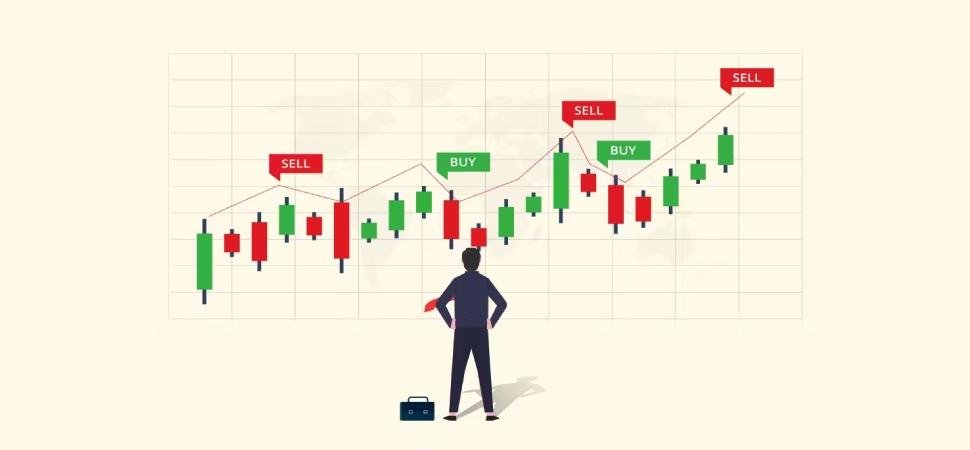Beginners on margin trading: What to consider before starting?
Margin trading in Forex attracts traders with the opportunity to open large positions using borrowed funds. This allows to increase profits with a relatively small investment, but it also carries a high risk. To successfully start trading with margin, it is important to understand its principles and take into account the basic rules.
What is margin trading?
Margin trading is the use of leverage provided by a broker to increase the volume of a trade. For example, with 1:100 leverage, a trader can control a $10,000 trade with only $100 in the account. However, with this approach, the trader is also committing to potential losses that may exceed the initial investment. Learn more about margin trading here:
https://forexone.club/en/blog/how-margin-trading-works-in-the-forex-market-and-what-traders-need-to-know
Risks of margin trading
Beginning traders should realise that margin trading involves a high level of risk. With leverage, both profit potential and losses increase. The Forex market is known for its volatility, and sudden price movements can lead to significant losses. If losses reach a certain level, the broker may make a Margin Call, requiring you to replenish your deposit or close your position.
Basic rules of risk management
To minimise risks, beginners are advised to adhere to the basic principles of money management. One of the most important approaches is to use moderate leverage. Experienced traders recommend not to exceed a leverage of 1:10 for beginners, as higher levels increase the risk. It is also important to set stop losses for each trade to limit losses.
Psychological aspects of margin trading
Trading on margin can be emotionally stressful. When large sums of money are at stake, it's harder for traders to stay calm and follow a strategy. To avoid impulsive decisions, beginners should practice on a demo account before moving on to real trading. This helps to develop control skills and confidence.
Conclusion
Trading on margin opens up new opportunities for traders, but requires a serious approach to risk management. Beginners should start with small amounts, exercise caution and remember that leverage is not only a chance for profit, but also a high level of responsibility.
Beginners on margin trading: What to consider before starting?
Margin trading in Forex attracts traders with the opportunity to open large positions using borrowed funds. This allows to increase profits with a relatively small investment, but it also carries a high risk. To successfully start trading with margin, it is important to understand its principles and take into account the basic rules.
What is margin trading?
Margin trading is the use of leverage provided by a broker to increase the volume of a trade. For example, with 1:100 leverage, a trader can control a $10,000 trade with only $100 in the account. However, with this approach, the trader is also committing to potential losses that may exceed the initial investment. Learn more about margin trading here: https://forexone.club/en/blog/how-margin-trading-works-in-the-forex-market-and-what-traders-need-to-know
Risks of margin trading
Beginning traders should realise that margin trading involves a high level of risk. With leverage, both profit potential and losses increase. The Forex market is known for its volatility, and sudden price movements can lead to significant losses. If losses reach a certain level, the broker may make a Margin Call, requiring you to replenish your deposit or close your position.
Basic rules of risk management
To minimise risks, beginners are advised to adhere to the basic principles of money management. One of the most important approaches is to use moderate leverage. Experienced traders recommend not to exceed a leverage of 1:10 for beginners, as higher levels increase the risk. It is also important to set stop losses for each trade to limit losses.
Psychological aspects of margin trading
Trading on margin can be emotionally stressful. When large sums of money are at stake, it's harder for traders to stay calm and follow a strategy. To avoid impulsive decisions, beginners should practice on a demo account before moving on to real trading. This helps to develop control skills and confidence.
Conclusion
Trading on margin opens up new opportunities for traders, but requires a serious approach to risk management. Beginners should start with small amounts, exercise caution and remember that leverage is not only a chance for profit, but also a high level of responsibility.




